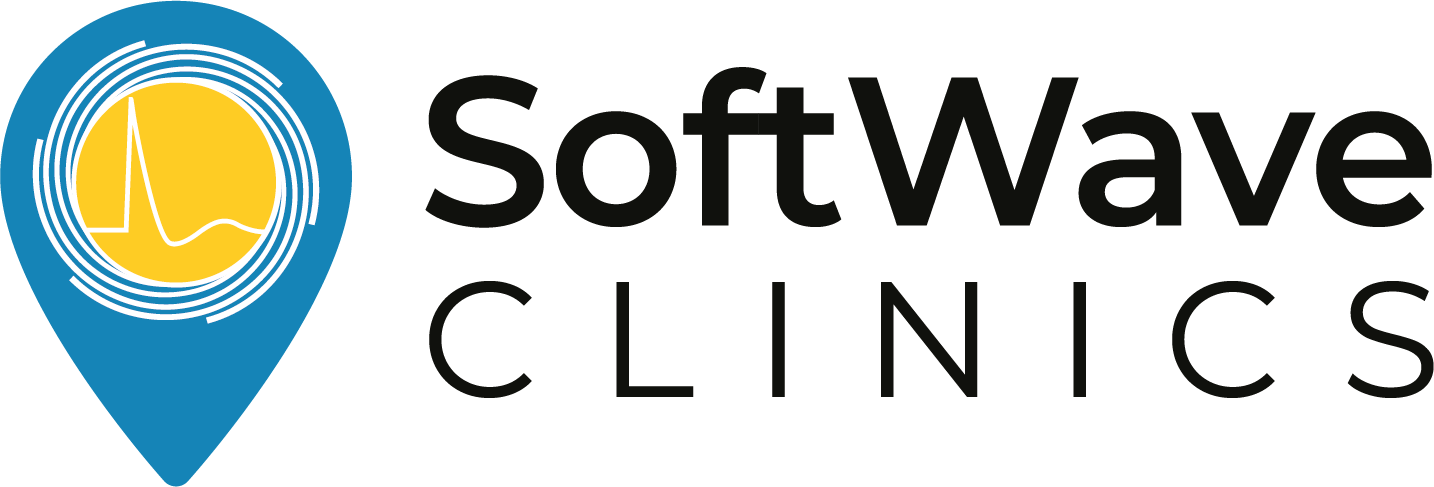Shock Wave Therapy for Acute and Chronic Soft Tissue Wounds
Shock Wave Therapy for Acute and Chronic Soft Tissue Wounds
Title: Shock wave therapy for acute and chronic soft tissue wounds: a feasibility study
Authors: Wolfgang Schaden , Richard Thiele, Christine Kölpl, Michael Pusch, Aviram Nissan, Christopher E Attinger, Mary E Maniscalco-Theberge, George E Peoples, Eric A Elster, Alexander Stojadinovic
This study examined the use of Extracorporeal Shockwave Therapy (ESWT) for the treatment of acute and chronic soft tissue wounds. Soft tissue wounds, especially in older individuals and those with certain health conditions, can have difficulty healing properly, leading to prolonged pain and impaired quality of life. The study aimed to assess the feasibility and safety of ESWT in promoting wound repair.
The researchers enrolled 208 patients with complicated, nonhealing soft tissue wounds and treated them with ESWT in addition to standard wound care. The treatment involved debridement (removal of dead tissue) and outpatient ESWT sessions, where shockwaves were applied to the wounds. The results showed that 75% of the patients achieved 100% wound healing during the follow-up period, which lasted an average of 44 days. Importantly, no adverse effects or complications were observed in any of the treated wounds.
The study identified age, wound size, and duration of the wound as predictors of complete healing. Younger age, smaller wound size, and shorter duration of the wound were associated with better healing outcomes. These findings suggest that ESWT can be a feasible and well-tolerated treatment option for individuals with acute and chronic soft tissue wounds.
ESWT works by triggering various biological processes that promote tissue regeneration and the formation of new blood vessels. It has shown promising results in improving wound healing and reducing treatment-related costs. However, the exact mechanisms of how ESWT affects human cells are still not fully understood.
In conclusion, ESWT shows promise as an effective therapy for the treatment of soft tissue wounds.
